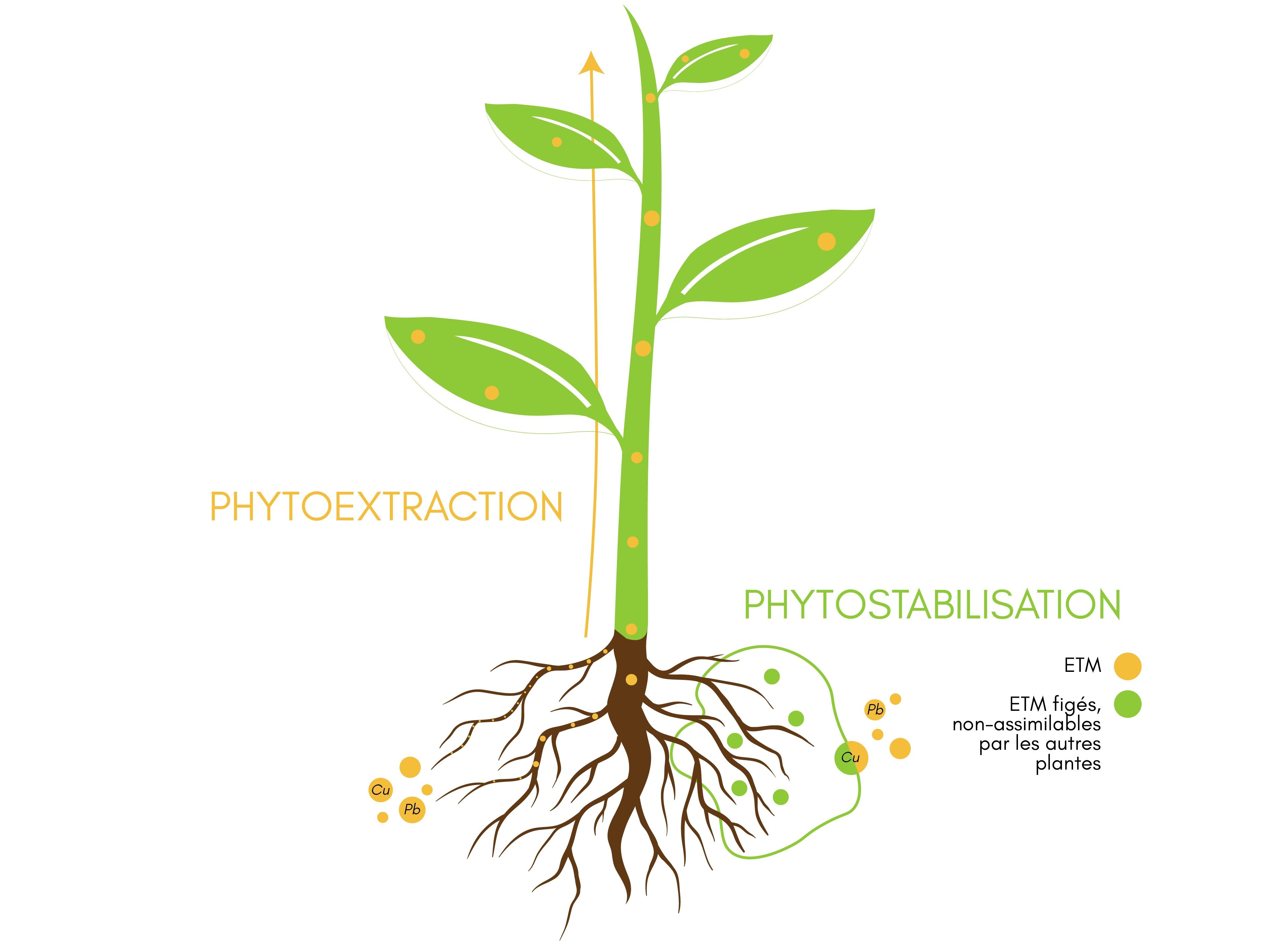Approved by curator

Added: Jul 04, 2023
Last edited: Nov 29, 2023
The European soils are highly contaminated with heavy metals. Phytoremediation extracts heavy metals using plants and can provide the sectors of interest with metals which are in growing demand especially because of the energy transition.
As a matter of fact, about 2.8 million sites are contaminated in Europe and about a quarter with heavy metals. This pollution contributes to a decrease in soil fertility and biodiversity, through strong impacts on micro-biology but also on food chain. Moreover, it addresses economic and health issues through the quality of products and intoxications by these carcinogenic elements. In the meantime, some metals are necessary to the energy transition as electrical and electronical systems rely on them.
Since 2018, Biomede has developed phytoremediation solutions based on nature. Phytoremediation rely on the ability of very particular plants species, called hyper-accumulative, to extract certain elements from the soil. Thanks to varietal selection, this ability is improved to maximize extraction yield and accelerate the depollution of plots of land using only plants. In the same time, each plant when growing extract and stock the target element. Then, Biomede works at separating the metals from the biomass in order to valorize them to create added value in addition to soil remediation. For example, some plant species can be used in cosmetics, textile industry, or biomass-energy and some metals such as copper, nickel, etc that are highly demanded elements in several industries.
Phytoremediation is an alternative to soil excavation, consisting of moving large quantities of soil and processing them at specific sites, then bringing in new soil from another location. Here, the soil stays where it supposed to be and only the pollutants are removed, which drastically reduces both carbon footprint and costs of depolluting a plot of land.
Thanks to phytoremediation, Biomede addresses agricultural problematics but also helps territorial authorities with renaturation projects in urban areas, and individuals who are concerned about what they grow in their garden or what they would like to grow. The soils that are free from this pollution can be used for regenerative agriculture, restoring their fertility, fostering biodiversity and improving the quality of products. Thus, Biomede aims at regenerating ecosystems and supplying metals of interest within a circular economy framework.


Alternative bio-based materials and inputs
Renewable energy, fuels
Preservation, conservation
Open loop collection
Generating energy from waste
Design for physical durability
Advanced robotics, artificial intelligence
Energy Utilities and Independent Power Producers
Construction and Real Estate Services
Construction Materials and Products
Metal and Glass
Agriculture
